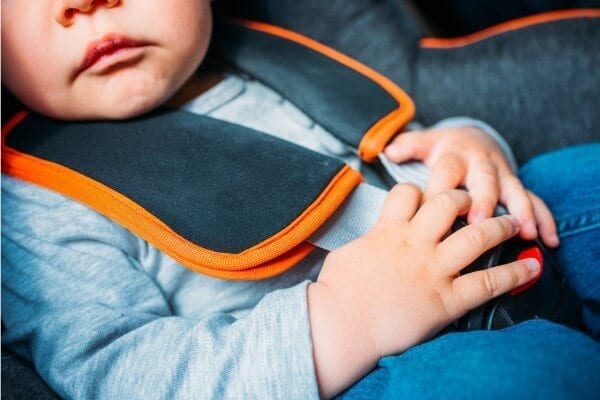
A car seat is one of the most important purchases a parent can make. It’s a big responsibility. The right car seat can make all the difference to your child’s safety in the event of an accident. Choosing a car seat wisely can protect your child in even the most devastating accident. Not all car seats are created equal, so it’s important to make sure you’re careful with your choice.
Centers for Disease Control Recommendations
Car seats are so important that Florida has a law requiring their use. Florida law requires that children age 5 and under be secured properly in a crash-tested, federally approved child restraint device. Children ages 0-3 must be in a car seat, while children 4-5 can be in either a car seat or a booster seat.
However, the law doesn’t always go far enough, and it’s wise to follow the recommendations of organizations such as the Centers for Disease Control and Prevention (CDC). The CDC recommends the following:
- Birth to Age 2—babies should be in a rear-facing car seat until they reach the size limit of the car seat, usually after they turn 2 years old. The American Academy of Pediatrics recommends keeping babies rear-facing until they are 40 pounds.
- Ages 2+ to at least Age 5—once they outgrow the rear facing seat, children should be placed in a forward-facing car seat until age 5 or when they outgrow the size limits of the seat.
- Age 5+–once they outgrow their forward-facing seat, children age 5 and over should be placed in a booster seat until they are big enough to use a seatbelt securely. The recommended height for proper seatbelt fit is 57 inches.
Making Sure You Choose the Right Car Seat
Buying a car seat can be overwhelming. Wandering down the aisles of the store you see dozens of choices and wonder which one is right for your child. It is important not to be intimidated. You don’t have to buy the most expensive seat with all the bells and whistles. It is important, however, to keep some factors in mind when choosing the right car seat.
The age and size of your child is the primary factor to consider. Make sure the car seat is big enough for your child’s size and is appropriate for their age. In addition, you should consider whether the car seat will fit properly in your car. When possible, infant car seats should be placed in the middle of the backseat row. Take measurements to ensure proper fit.
You should also consider the following safety features when purchasing a seat:
- Safety Label—the car seat should have a label indicating that it meets or exceeds Federal Motor Vehicle Safety standards
- Five-point Harness—offers better protection than a three-point harness or seatbelt
- New Car Seat—never purchase a used car seat. The quality of car seats degrade over time, and if a car seat has been involved in a vehicle accident it can also affect the quality
In addition, the National Highway Traffic Safety Administration (NHTSA) has a handy car seat finder database on its website that can help you find and compare the safety ratings on different car seats. Read more on Florida child front seat laws.
Contact a Trusted Attorney
If you or child has been injured in a car accident, you should consult with an experienced personal injury attorney. Contact the trusted lawyers at Abrahamson & Uiterwyk online or call us at 1-800-538-4878 to schedule your free consultation.

